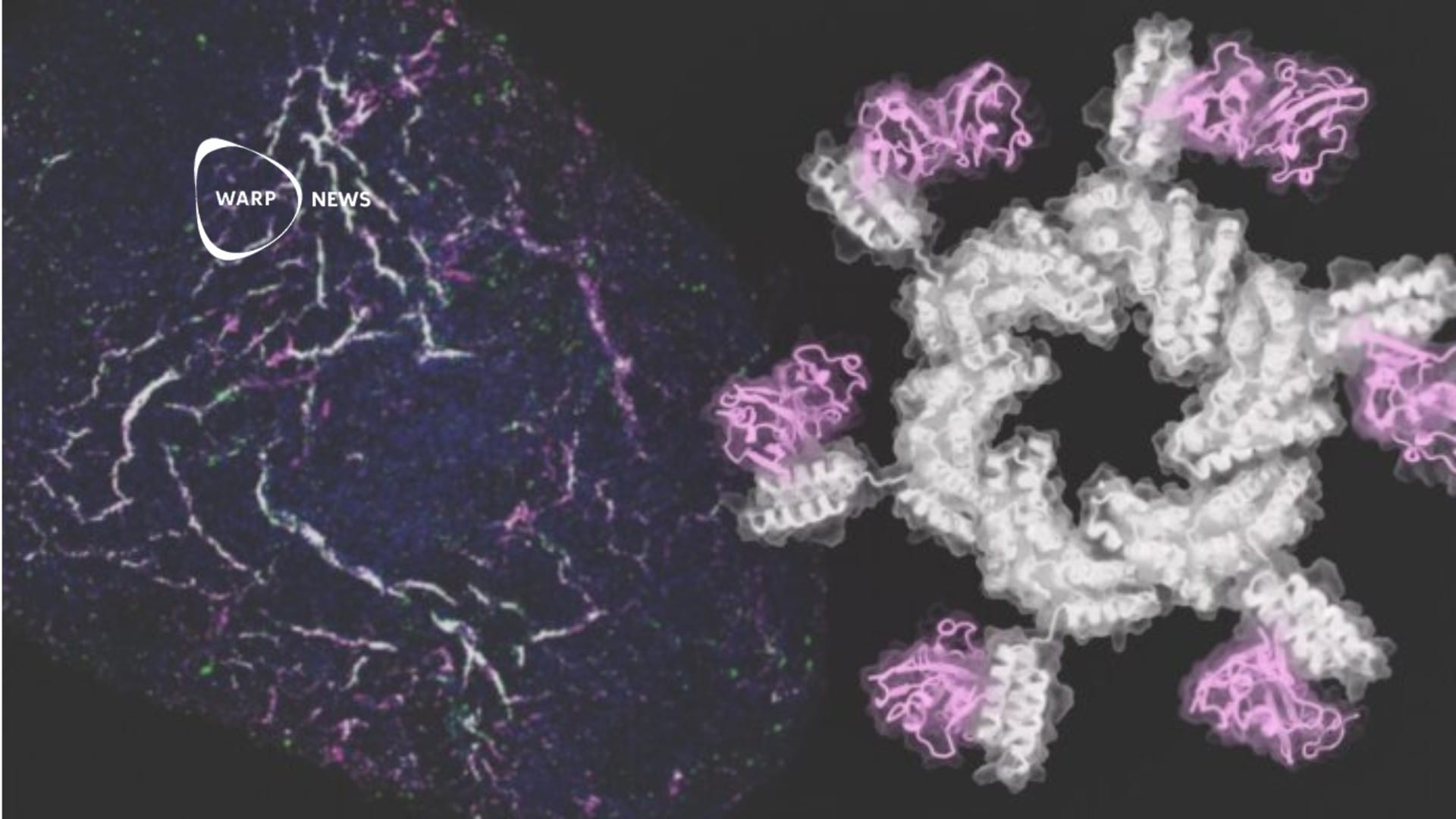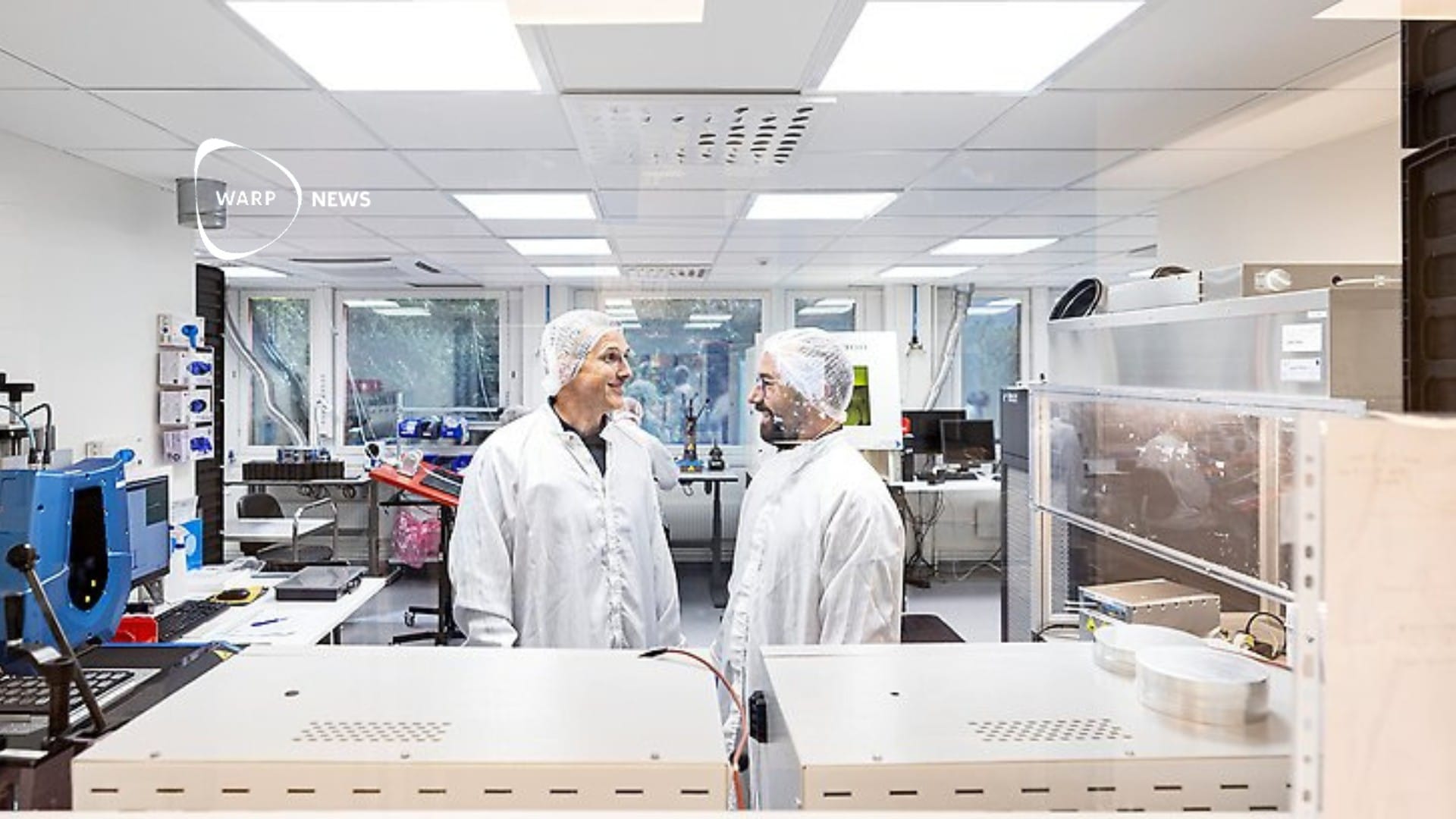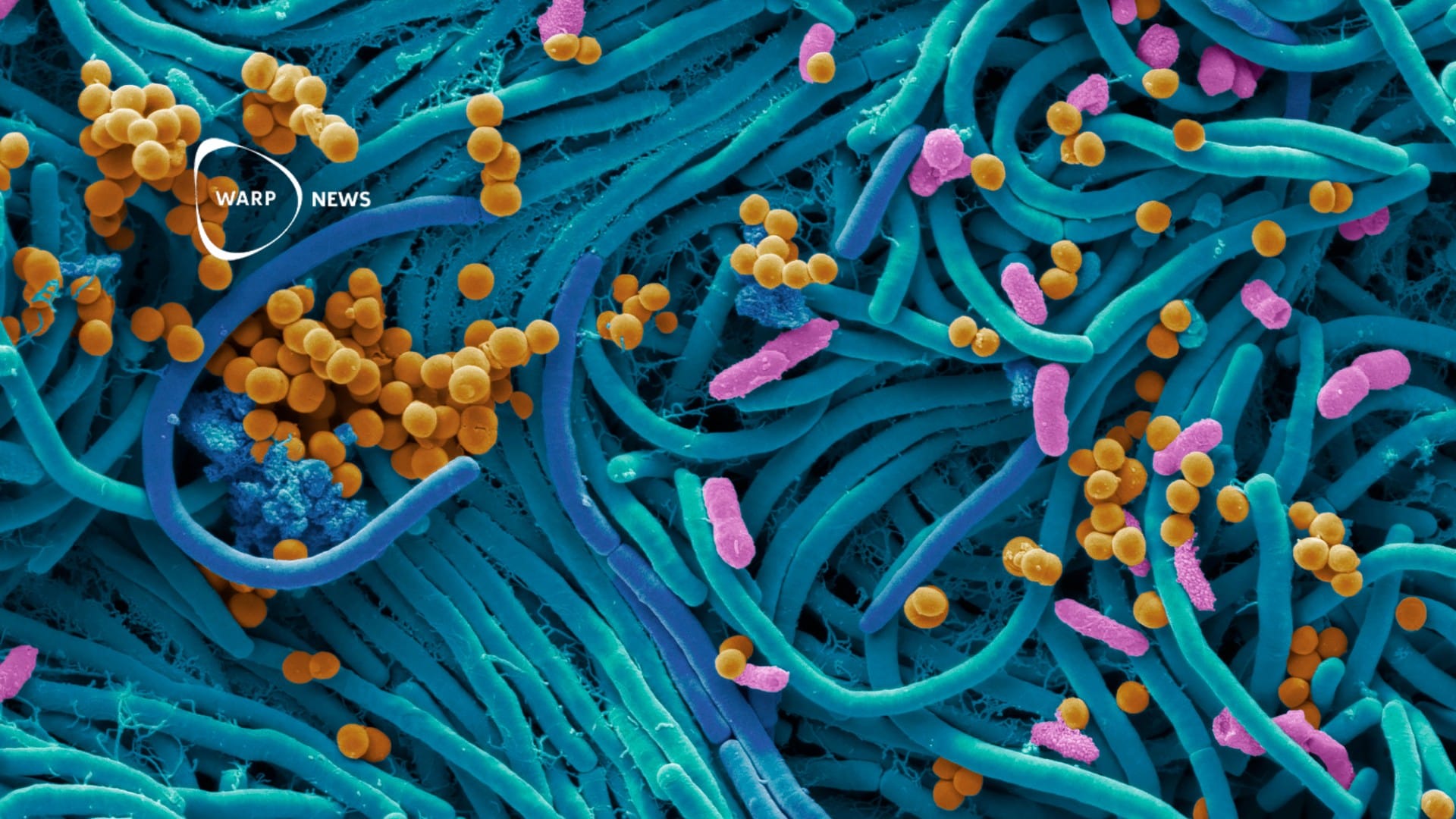
💡Optimist's Edge: This is how scientists are trying to outmaneuver aging to give you a longer life
Since the beginning of humanity, humans have had to find contentment in the dilemma that living means aging and death. But old age is not inevitable. There are several ways to slow down and reverse aging and this is what you need to know to have a chance at a 100-year life.
Share this story!
Summary
📉 What people think
50 percent in our survey believe that life expectancy on earth will never reach 100 years. 14 percent believe that life expectancy will reach 100, in 2075 or later.
📈 What the facts say
In fact, medications and supplements already exist that have an
effect on age processes, and researchers are getting closer to treatments that increase life expectancy and reverse aging. When these are in place, fewer people will suffer from age-related fatal diseases. The most common cause of death on earth is cardiovascular disease. The risk of these will decrease as anti-aging treatments enter the market.
💡 Optimist's Edge
It looks like there are several ways to prolong life and there are many studies that have shown good results. And there is a huge market for it, which drives one of the world's largest tech companies to invest a lot of money in finding treatments.
It is only a matter of time before a variety of medications and therapies that prolong life are launched.
👇 How to get the Optimist's Edge
Start by taking a look at the supplements that are already out on the market that have an effect on important processes that lead to aging. Always check with your doctor before starting to take any supplements. Fasting for some hours every day has also been shown to help the body repair damages and clear away zombie cells.
You can also start to follow the existing companies that are developing treatments, so that you can start as early as possible once they are out.
📉 What people are wrong about
50 percent in our survey believe that life expectancy on earth will never reach 100 years. Half of those who responded in our survey thus believe that the trend towards longer average lifespan will stop abruptly – before 100. 14 percent believe that life expectancy will be 100 years in 2075 or later.
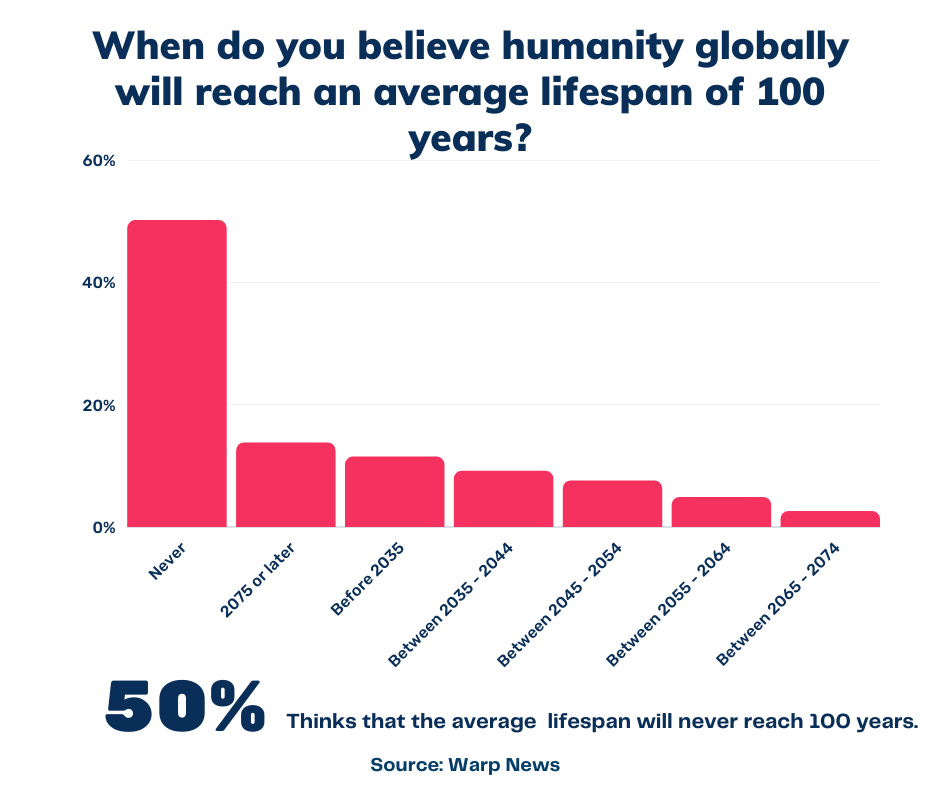
📈 What the facts say
“I feel thin, sort of stretched, like butter scraped over too much bread.” said Bilbo Baggins, the then almost 200-year-old Hobbit to Gandalf, in The Lord Of The Rings.
Feeling thin, like butter on too much bread is a pretty good description of what it means to be aging. But what would it mean not to age? The body would retain the same stage all the time – the young and healthy body recreated over and over again. But for some reason, as we all know, it does not work like that.
Entropy increases, damage accumulates, the stable stage becomes more and more shaky. And then we die. As if that were not enough, we experience that times runs faster as we age.
Most people probably want a longer and healthier life. For example, imagine if reaching 100 years were normal, and not really extraordinary. Compared to today, that would mean at least another decade of vital life. The midlife crisis would be postponed and the 20s would be less stressful and not marked by the agonizng awareness of that it is short and sweet. Soon this will be a reality!

Why do we age?
It has long been debated whether old age is programmed, or hard-coded, in our bodies or not. The dividing line in the theories as to why we age lies in whether there is an evolutionary advantage to having a maximum lifespan or not.
It is not yet determined what is correct, but the majority of the researchers subscribe to the theory that aging is probably not programmed in us. But it is truly a mystery that the lifespan amongst mammals varies from 1 to over 200 and for fish, it can vary from 1 to 1300. The theories around why we age are important because they could impact where the scientists are "looking" for the cause of aging in biology.
A common theory based on "non-programmed aging" is that genes that prove beneficial at a young age have been "selected" by natural selection, even though these genes can cause old age later in life – because it is early in life that we usually have children. Old age is a kind of evolutionary mistake. But there are many other theories. Another theory is that old age is certainly programmed because death could benefit entire populations, even if it is tragic for the individual and his or her loved ones.
How do we age?
Old age results from several different modifications that affect the smallest components and entire systems, and all together, they contribute to the body's gradual decline. It is not about one, but a series of complex processes. Many researchers believe that the main processes of aging can be narrowed down to nine.
To stop aging could be described as trying to overcome the security system to a secret vault in some action movie. If you overcome one hurdle, that means that there are several more to come. And just like in an action movie, one single tool is not enough to get you to the vault, you need a rigorous plan.
Anyhow, these age processes lead to, for example, cardiovascular disease, which is the most common cause of death in the world.
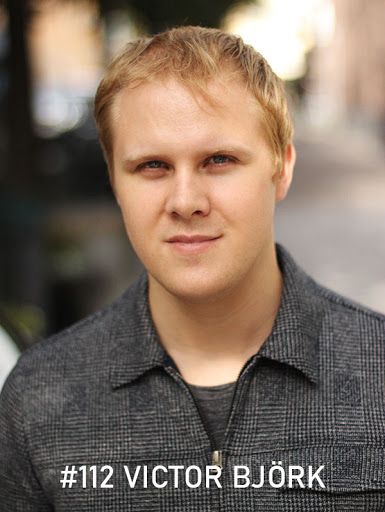
"The vast majority of diseases affect the elderly, and many believe that they are different diseases, and that is not true, they all stem from aging. If you were to fix the damage caused by the aging process, you would also fix the problem that these diseases occur" says Victor Björk who is a molecular biologist and consultant in longevity.
Going through all nine processes would require a book, but here are some of the things that make us age:
- Damage and reduction of nuclear lamina, which is part of the cell's nucleus.
- The mitochondria are ceasing to function properly. Which, amongst other things leads to inflammations. The mitochondria are a kind of "organ" in the cell.
- Genes gets damaged over time.
- Sick and old cells remain in the body, and this makes us age. These are called senescent cells.
- The telomeres are shortened, which means that the cells' ability to reproduce decreases.
In recent years, researchers have also discovered a process that is believed to be central to aging called mTOR. This process regulates everything that has to do with growth in the body - including the growth of new cells. One of the scientists behind the discovery of mTOR, David Sabatini, calls this process the "general contractor" in the building of the body. You do not want this growth to happen too fast because that can lead to cancer, you want it to go just fast enough and focus on repairing damage. This process is strongly linked to aging as mTOR increase with age and the ability to repair cells decreases.
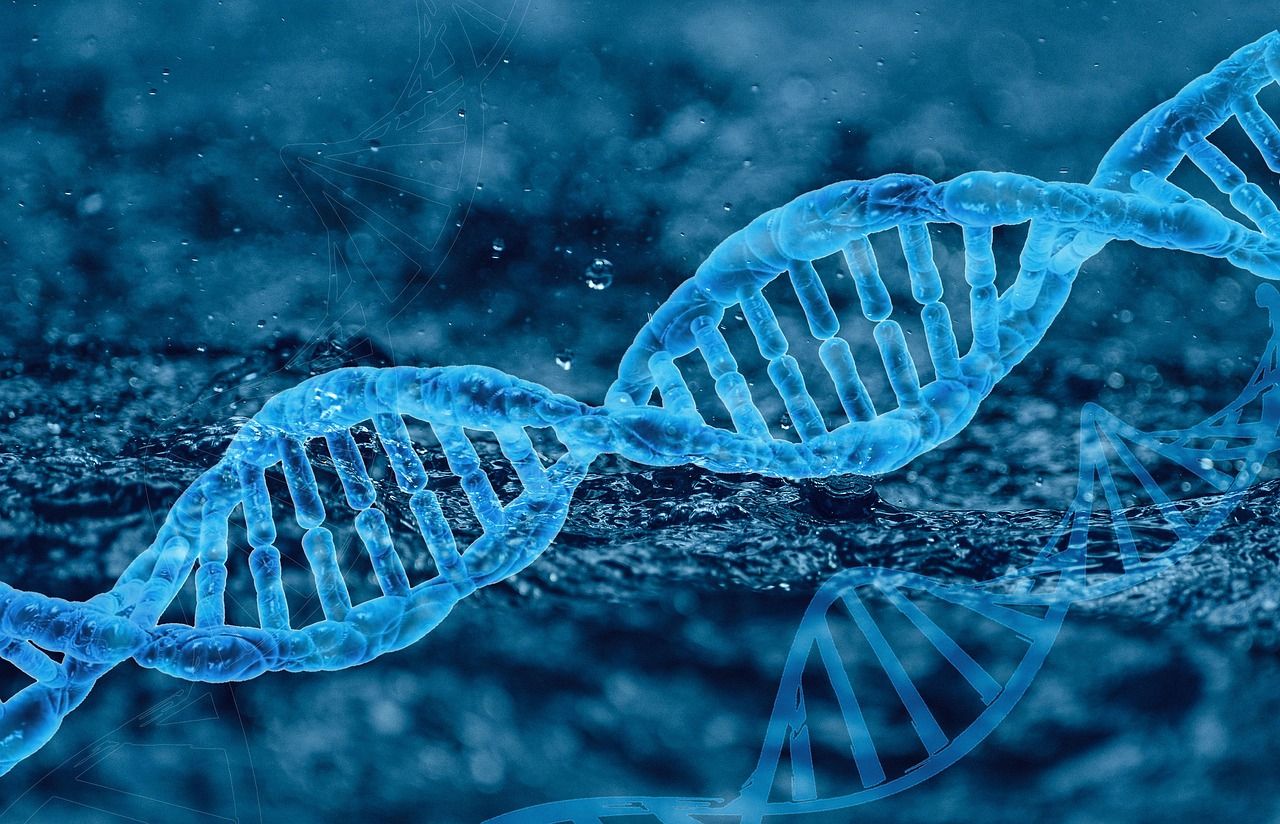
Studies on how to prolong life
There is an impressive amount of research on aging going on. And there are a lot of ways to approach the problem. Here are some of the studies that have been made that showed successful results:
- One method that researchers have looked into is to kill the senescent cells and make them disappear. There are several studies that have been looking in to the effects of this method, with interesting results. Two pre-existing medications that have been used to test this are Dasatinib and Quercetin. But the difficulty lies in creating a medicine that kills all senescent cells, everywhere. We are not there yet - but research in the field is progressing. But even if all senescent cells were to be killed, there are still aged cells left that are not senescent. Only a very small part of the cells in the body are senescent.
- An interesting discovery was made as recently as this year when Chinese researchers, with the help of CRISPR, mapped thousands of stem cells that carried the mutation that leads to the premature aging disease Werner syndrome. The scientists found a gene that is believed to be one of the main causes of senescence. When the researchers removed that gene in mice with normal aging, their lifespan increased.
- As previously mentioned, impaired function of the nuclear lamina is a cause of aging. One of the reasons for this is that a damaged lamina prevents genes that should not be "switched on" from being turned off. One way to alleviate aging could be to repair the lamina by sending in a new lamina via virus.
- Gene damage is a very big cause of and contributor to aging and disease. However, the damage or mutations are not only bad, they are the very driving force behind evolution. Damage means that the chemical composition of the gene changes. It has been estimated that DNA damage occurs 100,000 times a day in each cell - most of these are taken care off, but some are not.
Curing aging could then include boosting the DNA's own ability to repair itself. And not unexpectedly, researchers have linked living beyond the 100 year mark, to a certain genetic change that have to do with DNA repair.
In another study, 3 genes linked to longevity were implemented in mice suffering from 4 common fatal age-related diseases. The results of the study were that the mice got healthier and some were even fully cured. Amongst the mice that suffered from obesity, all lost weight, and reached a normal body mass after a while. The method also had positive effects on heart disease.
Now, the method has also been tested on dogs in the newly started company Rejuvenate Bio, and the founder, George Church, says that they will try to treat humans next. - Another study looked at mice and found that the SIRT6 protein, which has to do with metabolism, is also important for aging. Over the years, the protein decreases and it leads to aging. Studies show that mice whose SIRT6 does not decrease at the same rate have up to 25 percent longer lives.
- Perhaps the most promising method is to reprogram old cells. The method involves converting aged cells into a kind of stem cell, called IPSC, and thus rejuvenating them. Of nine different markers of age, eight of these were positively affected by the method. In studies, mice who got reprogrammed lived longer and got better health. The research is based on a method that Japanese researcher, Shinya Yamanaka received the Nobel Prize for in 2012.
Another important piece of the puzzle is David Sinclair's studies on Sirtuins, which controls which genes should regulate a particular cell. As we age, the cell is damaged and the sirtuins must focus on repair work instead of regulating DNA and this is an important reason for aging. Studies have shown that it is possible to add substances that boost the sirtuins, which is promising for those who want to prolong life.

💡 Optimist’s Edge
Will we have a treatment?
Aging is a very researched topic, much because it affects us all. A quick search on Google Scholar for "aging" and "cells" alone yields 719,000 hits between 2015 and 2021. With that kind of momentum we will see results.
If there was a treatment that reversed aging, people would be willing to pay a lot of money. Many large global companies therefore invest large resources in labs to develop such treatments.
Google, for example, has launched Calico - intending to find a way to make people live longer. They write on their website that they believe in the " convergence of biology and technology". They also write that they are interested in homeostasis - the body's ability to maintain a certain stage. Up until this day, little has been conveyed about what they are actually working on, but time will tell if Google will crack the problem of curing aging.
But it is not just Google that is investing. Age-reversing treatments are a whole market and it is expected to grow rapidly. According to an analysis by BCC research, the market for longevity will double, compared to 2018, to just over $640 billion by 2023.
Can the global average life expectancy be 100 years?
Globally, the average life expectancy is 72 years. In 1971 it was about 57 years. Life expectancy has thus increased by 15 years in 51 years. At that rate, life expectancy would be 100 in 100 years, but with a greater focus on curing aging, life expectancy will increase as treatments that reverse age effects also have positive effects on common fatal diseases. The answer is yes, it can be 100 years and probably sooner than you think.
The most common cause of death in the world is cardiovascular disease. These are diseases that are also linked to the aging process. An American study looked at what would happen if healthcare and research focused more on ways to prolong life, than to alleviate diseases. In the report, the researchers write that "evidence suggests that when aging is delayed, all fatal and disabling disease risks are lowered simultaneously. Not surprisingly, we see extremely large population health benefits in our delayed aging scenario.".
Viktor Björk, says that there are already existing medicines that remove senescent cells, and thus prolong life. For example, you can buy the herbal medicine quercetin at health food stores. He mentions several interesting things in progress:
"A drug that is interesting is Dacatinib, which kills senescent cells, but it is only prescribed to those with leukemia today. Another drug that is also being developed is one that removes a kind of debris in the cells called lipofuscin. Then there is also a drug for TRR amyloidosis on the way, which causes, among other things, heart failure which is a common cause of death."
Rapamycin is another medicine that has been studied in the context of preventing aging. It is only available as a prescription by doctors. Rapamycin has been shown in mice, worms, flies and other animals to increase longevity because it regulates mTOR. But today, Rapamycin is not used for reversing aging, and it is unclear if it would be a viable medicine for this purpose.

In addition to drugs, research is well on its way in finding treatments that reverse aging. When these become available, they will have a very large effect on longevity and life expectancy. The research on reprogramming old cells is perhaps the most promising.
Treatments that program aged cells to young healthy IPSCs, mentioned above, have so far only been performed on human tissues and not on whole systems, but the results were promising as the researchers saw a rejuvenation of between five to ten years. Vittorio Sebastiano, who is one of the researchers behind these studies, says that he believes that the treatment may be done on entire systems in the future. So if we take a sort of big leap and peaks into the future, it is not unlikely that there are treatments that let you remain 70, 50, or even 30.
But these are just a few examples of many and it is likely that we will see a variety of treatments that will all help to inhibit different age processes. In the long run, it is not unlikely that researchers will find a treatment that retains homeostasis and solves all problems, with one single fix. And who knows, maybe the solution lies in a marriage of technology and biology- perhaps not far from the nanotechnology one can see in the science in television series.
For example, studies have been conducted to investigate if nanotechnology could deliver rejuvenating drugs, such as Dacatinib and Resveratrol, so that they end up exactly where they should be. The potential benefit with such technology is that you get a greater effect of the drug, because the body has a limited ability to absorb drugs via the stomach.
👇How to get the Optimist’s Edge
Research is also beginning to understand what people can do themselves, without intervention or extensive treatments. Periodic fasting has been shown to have very good effect on a number of health factors, and it is likely that periodic fasting can prolong life. Start fasting 16-18 hours a day (consult your doctor first!). Fasting can potentially also help regulate mTOR, so the process does not go to fast.
As mentioned earlier, the sirtuins in the cells play an important role in aging. They regulate DNA and repair cells. In a 2006 study, David Sinclair, one of the world's most influential age researchers, showed that the substance Resveratrol can increase the lifespan of mice that had a high calorie diet. In other studies Resveratrol has increased lifespan in fish with up to 30 percent. You can buy this substance at a regular health food store, but consult a doctor first. According to David Sinclair you get the most effect from it, if you take it in combination with something fatty.
So there are at least two existing substances, Quercetin and Resveratrol, that you can buy and start eating today, which can help you boost your body's own defenses against aging. In addition to these, the supplement Berbine has also shown good results, but once again, check with your doctor before taking any supplements.
What else can you do?
Keep track of treatments and medications!
It goes without saying that optimism and maintaining good health habits also helps you live longer. But now that you are aware that treatments are on the way, you can keep on eye on them and have an edge.
And yes, it is likely that you will get to feel like just enough butter, on a perfectly sized slice of bread, much longer than you could have hoped for.

❓ Share your thoughts with us in the Warp News Premium Supporter Facebook group!
Note: remember to always talk to your doctor before taking supplements.
The study mentioned in the article was done via Google on about 500 respondents.
By becoming a premium supporter, you help in the creation and sharing of fact-based optimistic news all over the world.
